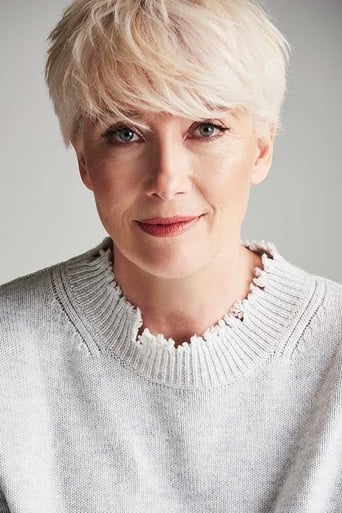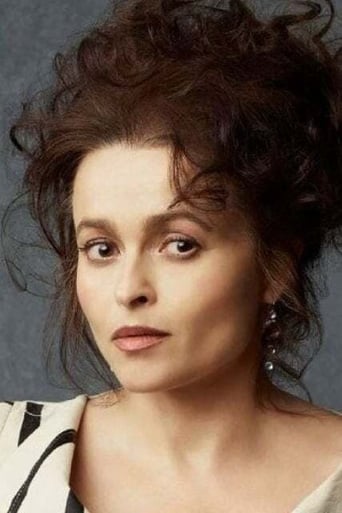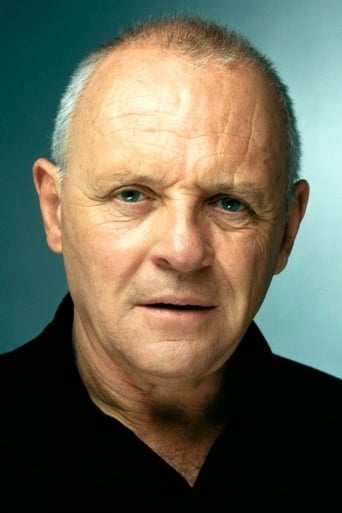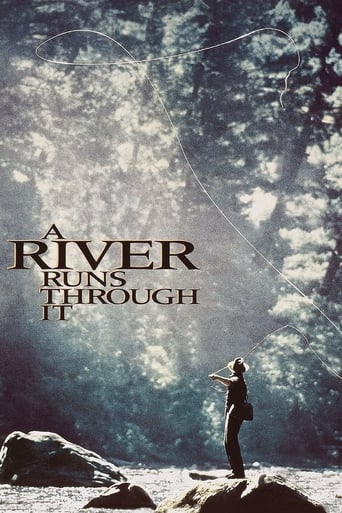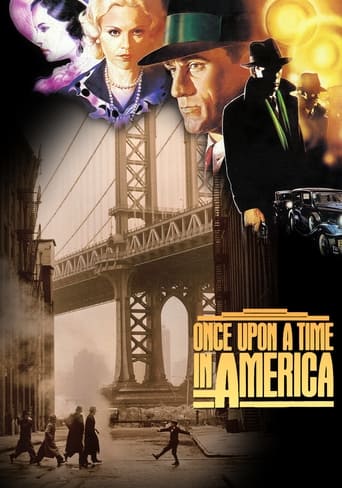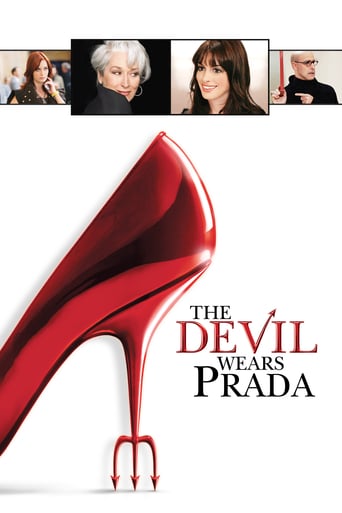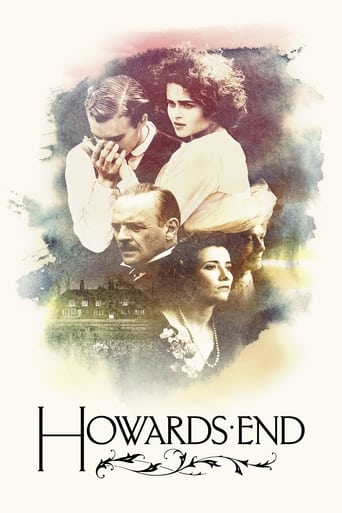
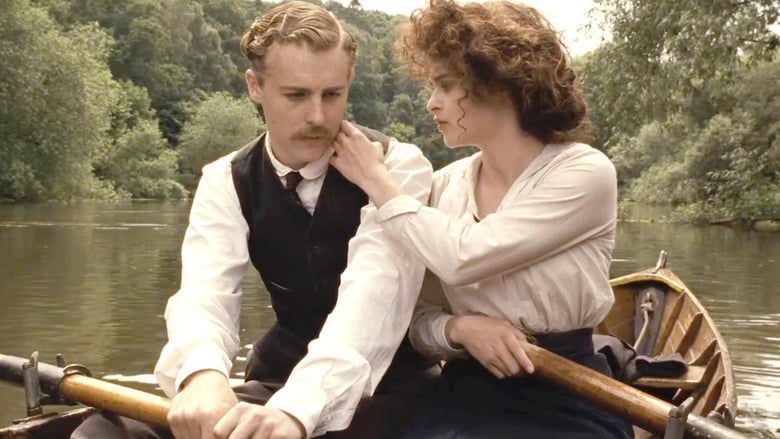
Howards End (1992)
A saga of class relations and changing times in an Edwardian England on the brink of modernity, the film centers on liberal Margaret Schlegel, who, along with her sister Helen, becomes involved with two couples: wealthy, conservative industrialist Henry Wilcox and his wife Ruth, and the downwardly mobile working-class Leonard Bast and his mistress Jackie.
Watch Trailer
Cast
Similar titles


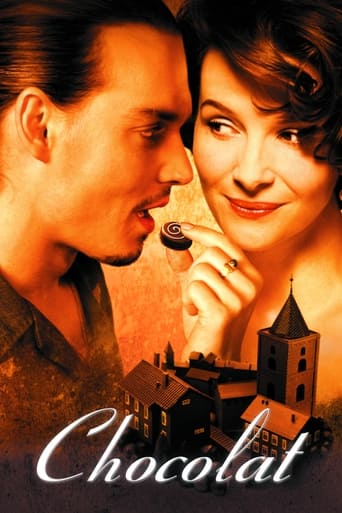
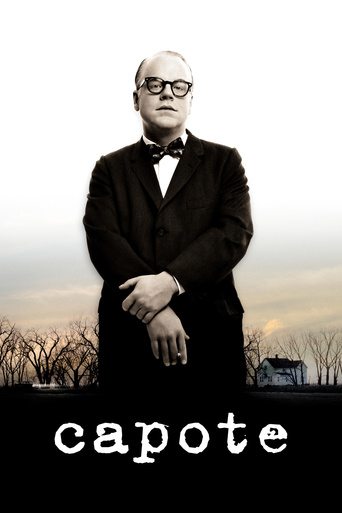
Reviews
Wonderful character development!
Sadly Over-hyped
If you don't like this, we can't be friends.
Through painfully honest and emotional moments, the movie becomes irresistibly relatable
Although fairly engrossing this tends to lose its lustre after the first half hour which is roughly the point at which Vanessa Redgrave's character is killed off. Ms Redgrave is the best thing by far in the film and though Anthony Hopkins and Emma Thompson just about keep her from actually lapping them she leaves them for dead. Samuel West is hopelessly miscast which has the effect of making him seem inept whilst Helena Bonham-Carter wanders about ineffectually as if waiting for guidance in how to approach her role. In terms of overall appearance, period feel, etc, it's hard to fault the film and the social comment is on the mark albeit probably lost on two thirds of the audience. A lush, well-appointed soap.
Its well put message of social relations, as well as the tendencies shown by those very classes of people examines the more moral classifications of its focused characters. I never read the novel, but I found the film to be well made, using very well acted performances, as well focusing it's main subject of a plot to a more diverse issue other than the property of Howards end. The setting takes place in Edwardian England, the time of King Edward VII rule, and there are 3 classes shown to viewers each symbolizing some individual form of moral expression in the very nature of their actions. First off , we haves the Wilcox's, the typical aristocratic English family with nothing but wealth and false pride to justify themselves, believing they are above the poor and that anything is in their grasp. The head's of this family are the well mannered but secretively selfish Henry Wilcox (Hopkins) and the more compassionate Ruth Wilcox (Redgrave). The second class is the way above average, but lacking in arrogance Schelgel's. The 2 Schelegel sisters, Margaret (Thompson) and Helen (Carter) are both well educated, seeing very significant aspects in their fascinations with their forms of literature and art, Helen in particular. The 3rd and final family is the Bast's, the poor and struggling middle class that struggle all alone with what they have. The film's plot revolves around the very connection between these 3 classes. After foolishly continuing a doomed love affair with a Wilcox, Helens own faults and regrets serve as Margaret's motivations to bring both apologies and respect to an ailing, and later to be deceased Ruth for her sisters own faults. As times goes on, the two women share many fascinations, particularly their fondness of the homes they live in. Currently the Schelegels are moving out of their cherished Child hood home, and Ruth herself has treasured her own childhood home, Howards End. The nature of the Wilcox's become very clear at their response to Ruth's dying will to leave Howard's End to Margaret. Purged with both jealousy and bitterness, Henry burns what is truly Margaret's, only to later leave it to her in the film's conclusion. In the shared moments Henry and Margaret have, they become closer and closer, thus reaching a proposal that although makes Margaret happy, it will challenge both her moral place in choosing between the Wilcox's or her own family and their more sympathetic views. As I've mentioned, the Basts served as the film's struggling middle class. By a simple accident, and further twists of fate, the Basts became of great importance to Helen. In a simple incident involving an umbrella, and a falsely accused affair, Leonard Bast would become more acquainted with Helen, on both the knowledge of his profession and the views of his wife. Through the misguided advice of Henry, Leonard lost his Job, only to fall further down the road of struggling survival. Helen's good judgment served as her inspiration to help a man she barely knew, up until the moment the two fell for each others heart. Margaret on the other hand felt more of an obligation to her husband, and in doing nothing of the sort to help. In these times, people as snide and falsely elegant as the Wilcox's would look down on the poor, with some form pity, but with no desire to show compassion nor assistance. A lot of things in this film happen, and they simply show further more how this film examines so much more than just the relations of British social classes. Helen's friendship with Leonard and eventual barred child, Margaret's marriage and conflict with her sister, and Leonard's eventual death at the hands of a Wilcox all end in some meaningful conclusion, symbolizing a new form of evolution of British social classes. The Willcoxes represented the industrialists, while the Schelegels themselves were more liberal and sympathetic, and the Basts were the more ill fortunate and faced with more difficulty. I mentioned earlier that despite Henry hiding the will of Margaret's ownership of Howard's end, all came to a close when his heart came to change and feel grief and guilt. Howard's end is more than just the cherished memory of a deceased old woman, but it also represents a change in the way people lived. The film ends with Margaret now being the owner of the property, which houses both her and her sister Helen, and Leonard's son. The home of the Wilcox's ended up sheltering people of presumed lower classes. The film "Howards End", in my view also symbolized the individual talents of it's 3 leads. Emma Thompson's performance can be defined as charming and yet confused character when made to choose between Lineage and good common rationality. I was very impressed in particular by Helen Bo ham Carter's portrayal, symbolizing a very unique character who's fascination with multiple forms of art is of charming easiness. Anthony Hopkins was terrific, using a character that represents hypocrisy and just plain arrogance in the status of his family name. Director James Avery has made a film with the message of social equality, showing viewers the very dark nature of judging others, despite whatever class they are, in money, beliefs, or of whatever state in general.
Having already seen A Room with a View and loving it, I saw Howards End having a feeling it would be good. After seeing it, I absolutely loved it, and think it marginally better than A Room with a View. Directed by James Ivory, produced by Ismail Merchant and written by Ruth Prawer Jhabvala, it is a remarkably faithful adaptation of the novel, and on top of this is also an elegant, nuanced and fascinating film.The period detail is perfect. What I loved about A Room with a View especially was its gorgeous Italian settings. Here it is just as gorgeous, while also having a certain elegance about it. You can never go wrong with beautiful scenery, wondrous costumes and elegant-looking locations, Howards End had all three of those. The music is also a marvel, beautiful, haunting and hypnotic, somewhat reminiscent of a Phillip Glass score, while having a few snatches of Percy Grainger and Beethoven too.The script is very faithful in style to the book and warmth and depth is given to the characters, and the direction is sensitive and nuanced very like how it was in A Room with a View. The plot is quite complex, even on first viewing I found it a little hard to keep up with everything. Then again, this is the sort of film you may need to see more than once. It is quite slow moving, and at over 140 minutes hard to sit through in one sitting, but the period detail, music, screenplay and acting made the film pleasurable, elegant and even moving.Speaking of the acting, the whole cast give very strong performances, while not standing out from one another. Emma Thompson is endearingly-beautiful in Howards End, more beautiful than she looked in Much Ado About Nothing, and gives a moving and spirited portrayal of Margaret. Helena Bonham Carter delivers one of her best ever performances in this film, a performance filled with depth and passion that really wants to make you feel for her character. Vanessa Redgrave while her role is brief still leaves a lasting impression in a characterisation that is moving and wholly relevant, while as the cold Mr Wilcox Anthony Hopkins who a year later would give a brilliant performance in The Remains of the Day(another stylish and nuanced film) shows what a fine actor he is as he gives yet another fine performance. The more minor characters were also very well done, from a spirited Samuel West, whose character Leonard Bast exemplifies the low expectations of the clerking classes, to a suitably serious Jemma Redgrave as Evie Wilcox.Overall, moving, elegant, nuanced and impeccably acted, Howards End is a must see. 9.5/10 Bethany Cox
Quite a disappointment. This movie fit a class that I run into from time to time: the movie that engages me well for the whole movie, such that I don't find out that I hate it until I get to the ending. In this case, it was the kind of ending where the movie doesn't so much end as run out of stuff. That is, there's no real resolution that ties everything together or anything, and you realize that what we've seen is more a series-of-events rather than a cohesive plot. Was it a happy ending? A sad ending? I still can't tell. But it certainly was an unsatisfying ending.If the plot isn't coherent, neither are the characters. I *still* don't understand a lot of the characters' motivations. Why was Wilcox such an obnoxious, stubborn fool about letting Helen stay one night in the house? When Meg has clearly and superbly delineated his hypocrisy, it just bounces right off of him. He doesn't concede the point, he doesn't deny the point, he just ignores it. That was just a weird way to behave. If nothing else, it paints the guy as a complete, irredeemable jerk. So the movie seems to strike a triumphant note when Meg finally tells him she's leaving him. That was the kind of wonderful moment which made it seem like the film was going somewhere. But then, *poof*, nothing comes of it, she's still with him and kissing him at the end. Huh? She ultimately makes no sense as a character, one can never see what she sees in this jerk, or why she constantly kowtows to him, despite being a strong enough character with everybody else. Then there's the brother, Tippy or Flippy or whatever his name was. Why? Why is he in this movie? He does NOTHING. He adds nothing, does nothing, says almost nothing, he's more a piece of the set than a character. Someone else here also pointed that out. And speaking of props-rather-than-characters, there was Jackie. The first thing I noticed at the end of the film was that she was given NO resolution. So ultimately, she, as a character, went nowhere and amounted to nothing. You could have entirely omitted her and nothing would've been any different. It was also pointed out, very appropriately, the way that Helen's character is slapdash. There's the whole big deal about her stealing umbrellas, then that utterly disappears. Comes off as pretty contrived. And what about the whole original thing with her having the aborted affair with young Wilcox? That too went nowhere and amounted to nothing.And, by the way, I waited half the movie for the family-history tidbit about the original Mrs. Wilcox having a brother or uncle or someone who asked for that other woman's hand and was rejected-- I waited half the movie for that to become relevant, trying to figure out who that might've been and how they tied in. Answer? Went nowhere, meant nothing, just another irrelevant detail. This movie was a complete soup of irrelevant details.Yes, the performances were fine (given what the actors had to work with). Yes, the sets and costumes and all provide a fine period recreation. And the music was quite good (but more about that in a minute). For those three things I gave it three stars instead of one. But the fact is, at the end of the movie I find myself frustrated and cheated. There was no real plot, and, in the end, there wasn't a single character in the movie that I *liked*. I had liked Meg for almost the whole movie, but when she went back with The Jerk at the end, that was just too much for me.And finally, let's talk about the music. I was enraptured when they did the bit with the Beethoven fifth (some of the finest, most moving music ever written). Especially when the naked piano version from the lecture hall morphs into the full, powerful orchestral score. I was excited, thinking, "Excellent! They're using the wonderful 3rd movement as a leitmotif! This'll be great!" But no, as with all else in this film, it means nothing and goes nowhere. It comes back exactly once, and only as a concrete flashback, when Umbrella Man is dreaming of the day he met Helen. What did it signify? Nothing. Just the concrete event.In short, this film did a great deal to raise my expectations and hopes and extremely little to actually fulfill them.
